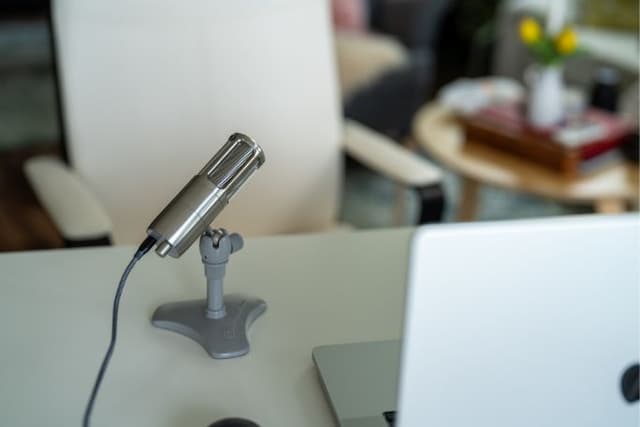
Indigenous Storytelling Using Digital Technologies
Lesson2 of 5 in this unit
PrimaryYear 5 - 6Humanities and Social SciencesAboriginal and Torres Strait Islander Histories and CulturesTechnologyDesign and TechnologiesSocialIndigenous Education
Summary
Lesson Guides and Printables
Student Worksheet

Teacher content information

Lesson Plan

Storyboard template
